Association urges vets to consider aquaculture careers
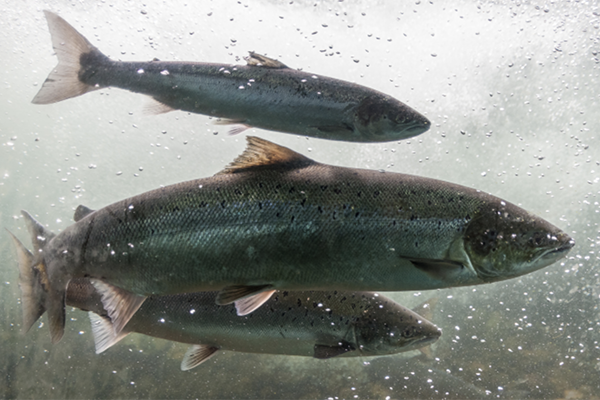
The British Veterinary Association has called for more research into the health and welfare needs of farmed fish and is urging veterinarians to consider jobs in the sector.
The new BVA policy position on UK sustainable finfish aquaculture, which follows its 2019 position on UK sustainable animal agriculture, sets out its vision for sustainable development and fish welfare for the sector.
The position was developed by a panel of experts who focused on finfish, like salmon and trout, and made recommendations on health and welfare, the impact of aquaculture on the environment and biodiversity, and the veterinary profession’s involvement in the sector.
BVA said that during their education, vets receive training in caring for small animals and farmed species, but most will graduate with little experience or understanding of how to care for fish and will need additional qualifications to work in aquaculture. This has resulted in a shortage of vets with the expertise to advise the sector.
BVA believes vets should encourage more students to consider working with fish as part of their career paths. Existing vets are also urged to expand their knowledge of the sector and fish welfare and consider how taking on a role in aquaculture could enhance their careers.
“Aquaculture represents a significant proportion of the UK’s food production but more understanding and research is needed into fish health and welfare and the wider environmental impacts of this industry,” said BVA Senior VP Justine Shotton. “There is scope for the veterinary profession to play a more significant part in aquaculture and we hope to encourage students and vets already in practice to consider exploring related roles during their careers. We hope this position provides some clarity on what could be done to futureproof and enhance the sector.”
Aquaculture is one of the UK’s key strategic food production sectors, particularly in Scotland where salmon farming provides essential jobs in remote and rural communities. Read the BVA’s full aquaculture policy position at bva.co.uk/aquaculture.
Follow the Advocate on Twitter @GSA_Advocate
Now that you've reached the end of the article ...
… please consider supporting GSA’s mission to advance responsible seafood practices through education, advocacy and third-party assurances. The Advocate aims to document the evolution of responsible seafood practices and share the expansive knowledge of our vast network of contributors.
By becoming a Global Seafood Alliance member, you’re ensuring that all of the pre-competitive work we do through member benefits, resources and events can continue. Individual membership costs just $50 a year.
Not a GSA member? Join us.
Author
Tagged With
Related Posts
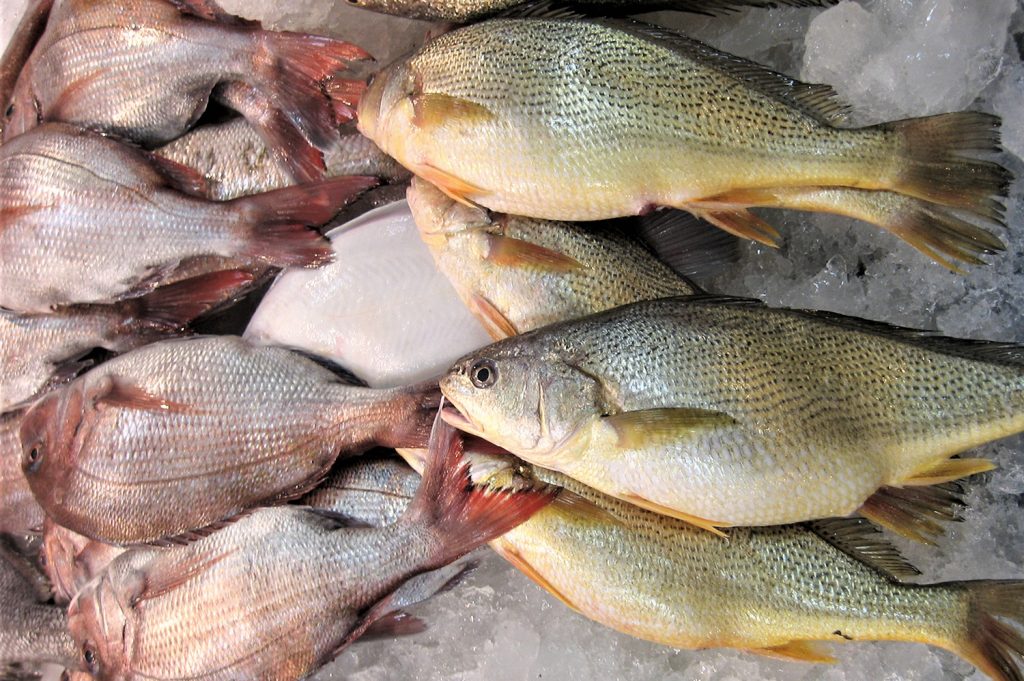
Health & Welfare
Opinion: OIE, the World Organization for Animal Health, needs seafood industry’s input
Author argues the OIE should regard all fish and shrimp products as safe for trade, regardless of the exporting country’s pathogen status.
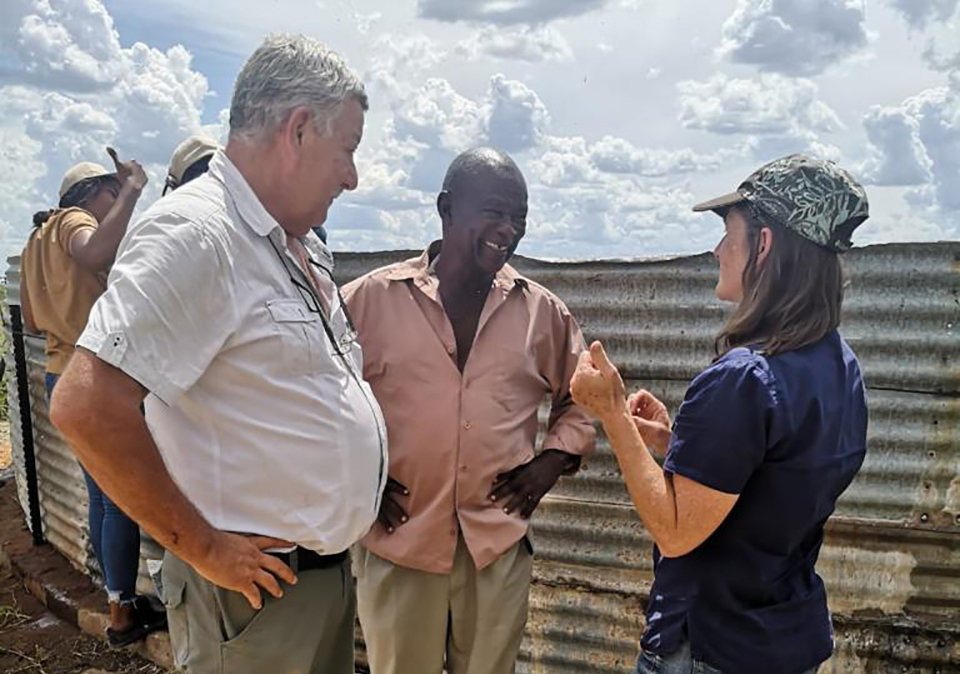
Responsibility
Raise the flag: South African veterinarian develops three-tiered tilapia-health system
South African veterinarian Gillian Taylor has developed a three-flag system to improve health management and biosecurity for the country’s tilapia farmers.
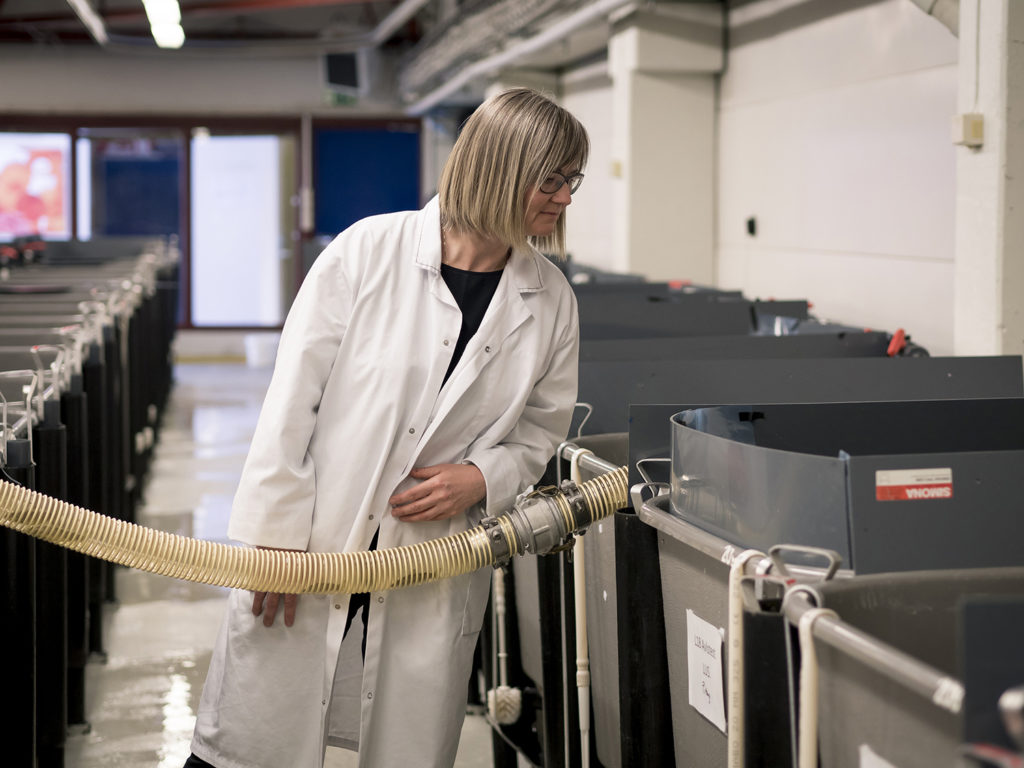
Innovation & Investment
AquaGen CEO: Genomics are transforming aquaculture
The CEO of AquaGen knew that the Norwegian research group’s work in genomics was key to the salmon industry’s future. And that was before she even worked there.
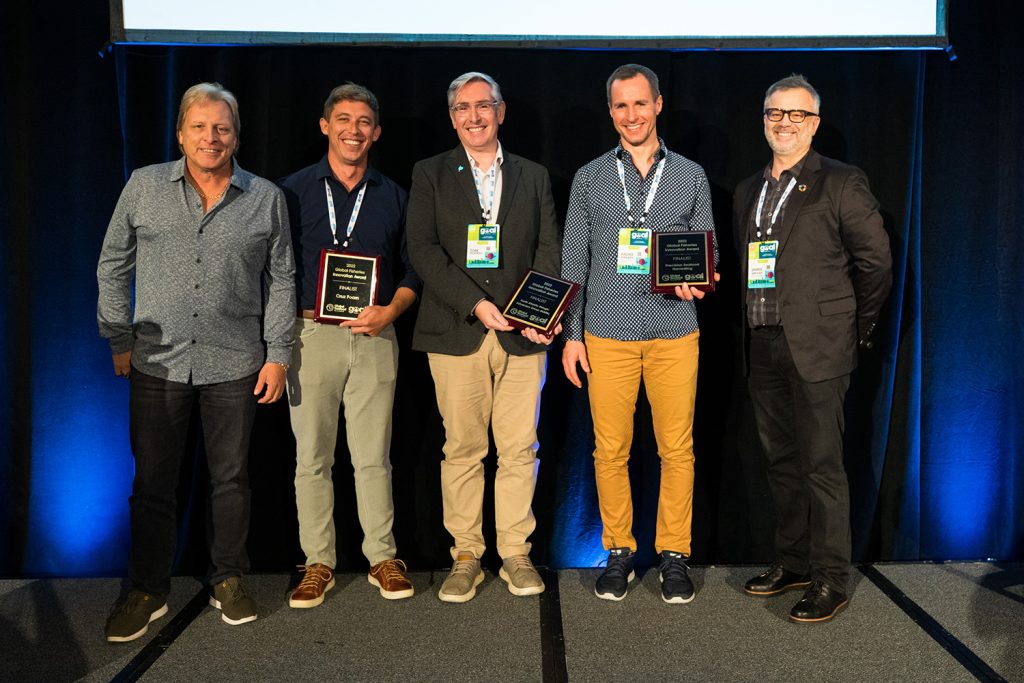
Innovation & Investment
Cruz Foam, Aristogene Biosciences win GSA’s annual Innovation Awards
Companies with alternatives to polystyrene (Cruz Foam) and antibiotics (Aristogene Biosciences) take home the annual awards at GOAL 2022.



